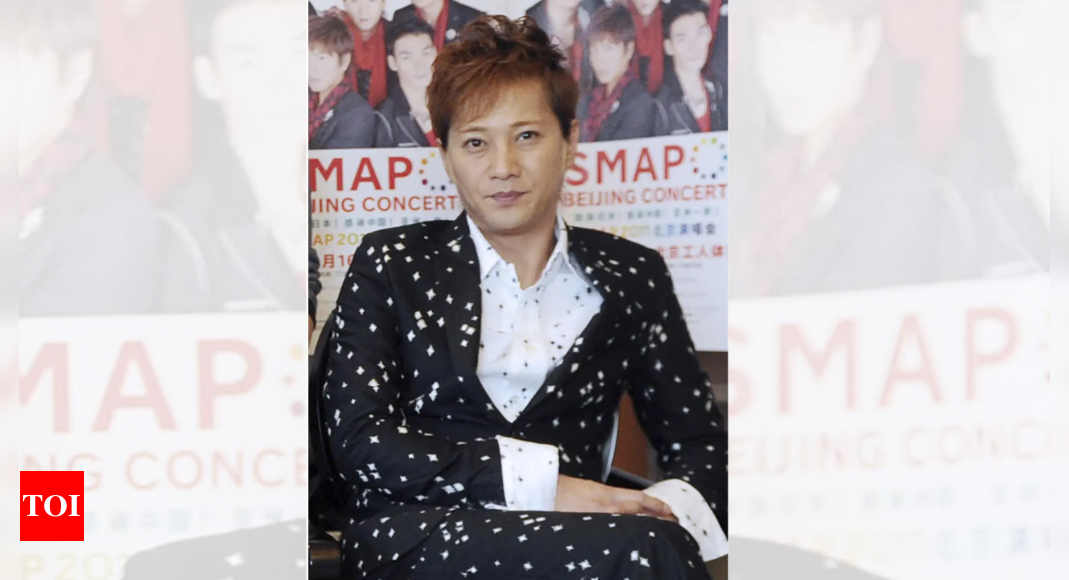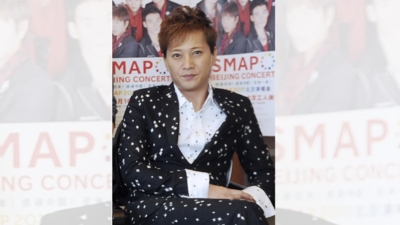TOKYO: Bosses at Fuji Television resigned on Monday as pressure grew on the Japanese broadcaster over sex assault allegations against celebrity host Masahiro Nakai.
Here is a rundown of how the scandal unfolded:
December 19, 2024
Tabloid magazine Josei Seven publishes a scoop saying Nakai paid an unnamed woman a lump sum of 90 million yen ($570,000) over what it describes as “serious trouble” between them.
The report says that Nakai, the woman and one other person were supposed to attend a dinner party, but the other guest could not attend.
During the evening a “serious problem” arose between them in a closed-door setting, the magazine said, without giving details.
December 25
Another leading tabloid weekly, Shukan Bunshun, publishes an article headlined: “The full story of Masahiro Nakai’s 90 million yen sex scandal, X told the interviewer, ‘I still can’t forgive him.'”
It is the first in a series of reports by Shukan Bunshun giving details of the accusations, which the magazine says involved a sexual act carried out without the woman’s consent.
December 27
Fuji Television denies tabloid reports suggesting one of its employees had arranged the meal where Nakai, a member of the 1990s boy band sensation Smap, met the woman in 2023.
January 8
Fuji TV announces the temporary suspension of a weekly show hosted by Nakai, and a radio programme presented by him.
January 9
Nakai apologises in a statement on his website which saying there had been “trouble” and confirmed that a settlement had been reached between the two sides.
However, he also says that some of what has been reported is “different from the facts” and stresses that there had been no physical violence involved.
January 14
US fund Dalton Investments’ affiliate Rising Sun Management, a shareholder in Fuji TV’s parent company, calls for an external probe to “clarify the facts” and present “remedial measures”.
On the same day, Nippon TV also drops Nakai.
January 17
Fuji TV holds a press conference with selected local media at which video recording is not allowed where company president Koichi Minato says a probe will be launched by a group mainly comprised of outside experts, not a fully independent third-party committee.
January 20
Japan‘s Nikkei daily reports that more than 50 companies have pulled adverts from Fuji TV over its handling of the scandal.
Top brands including McDonald’s and Toyota confirm to AFP they are withdrawing their commercials.
January 23
Nakai announces his retirement from the entertainment industry, after losing all his regular shows.
“I sincerely apologise” to the woman and “will continue to face up to all problems sincerely… I alone am responsible for everything,” he says.
January 27
Fuji TV president Minato and chairman Shuji Kanoh resign.
“I would like to apologise sincerely to the women concerned for failing to provide adequate care due to a lack of awareness of human rights,” Kanoh tells reporters.




